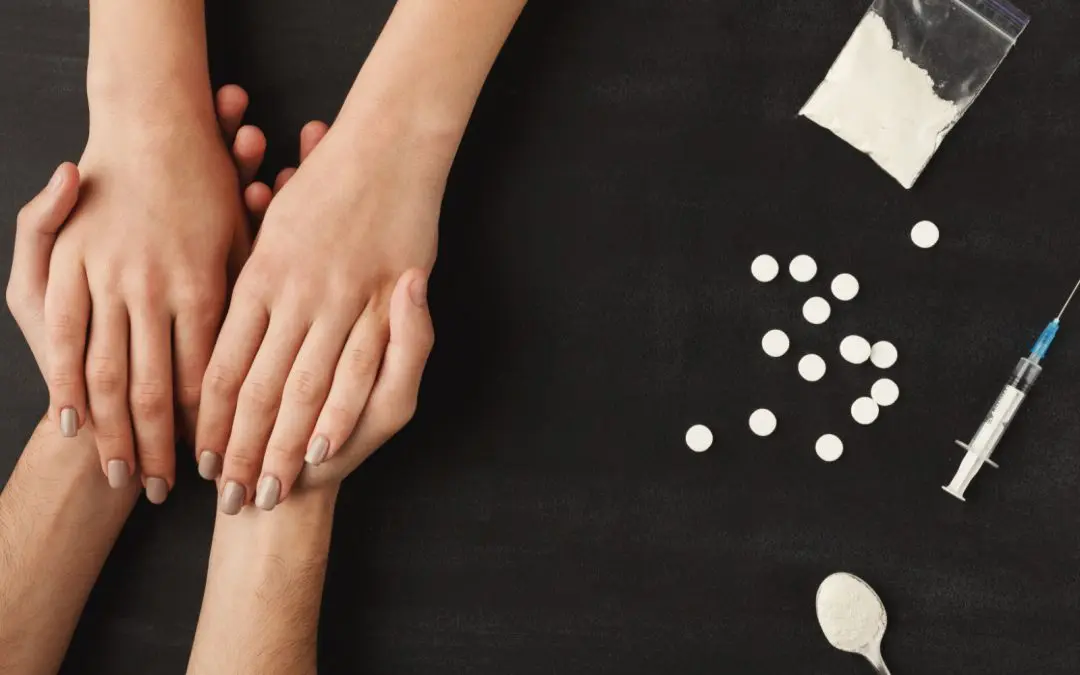24/7 Helpline:
(866) 899-111424/7 Helpline:
(866) 899-1114
Learn more about PTSD Treatment centers in Sulphur Springs
PTSD Treatment in Other Cities

Other Insurance Options

Group Health Incorporated

Access to Recovery (ATR) Voucher

Ceridian

Self-pay options

Health Partners

Horizon Healthcare Service

Absolute Total Care

Excellus

ComPsych

Magellan Health

WellPoint

MVP Healthcare

Molina Healthcare

Optima

United Health Care

Magellan

BlueCross

Kaiser Permanente

Ambetter

Coventry Health Care

























